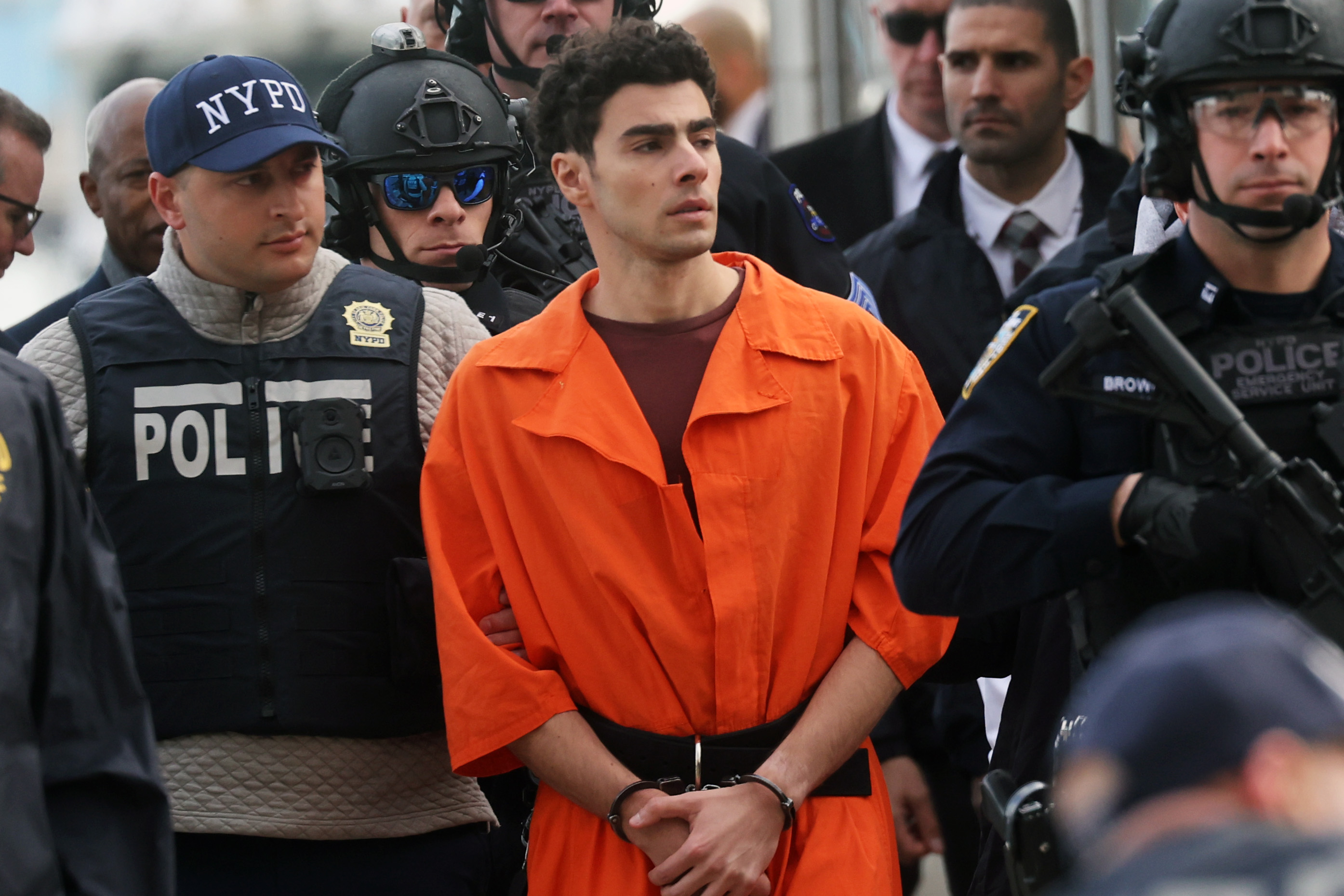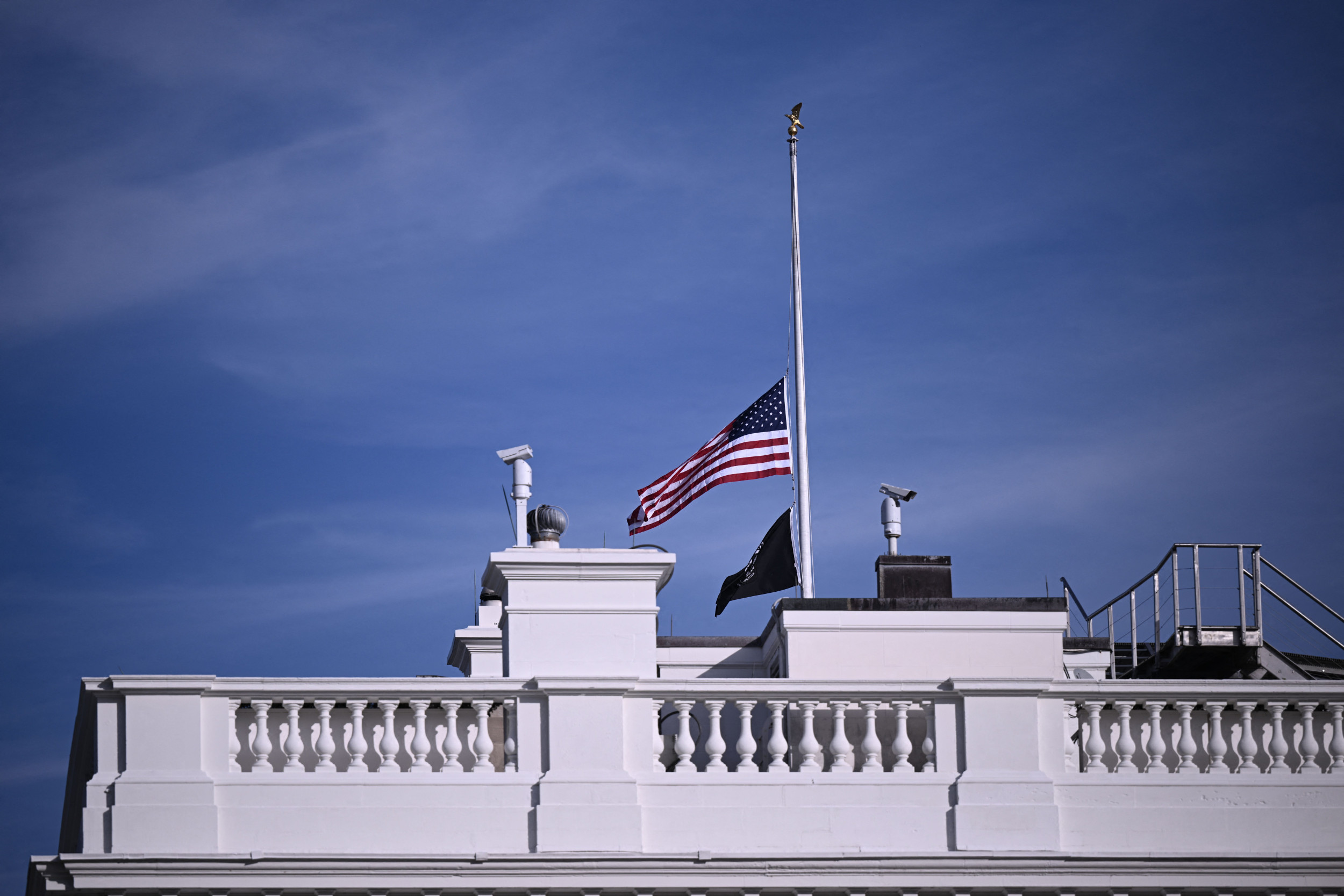Next week, we'll get a rare cultural confluence: the first night of Hanukkah and Christmas Day coincide for only the fifth time in a century. The side-by-side comparison gives American Jews an opportunity to finally recognize that we made a fundamental mistake when it comes to Hanukkah. And maybe now is the time to fix it.
Hannukah was—surprise—actually a minor holiday for most of the 5800 years of Jewish history. It isn't mentioned in the Hebrew Bible. No one is expected to skip work, or fast, or make a special trip to synagogue.
So, how did it get plucked from obscurity to become the most recognizable Jewish holiday in the United States? Hanukkah has one key feature: it falls close to Christmas on the Jewish calendar. That made it the best candidate for a Jewish response to the new "American Christmas" emerging 150 years ago.

In the mid-19th century, American Jews were grappling with some complicated issues. Most were relatively recent immigrants. They wanted to assimilate into American culture yet remain distinct. They wanted something to make their kids to feel equal, yet keep interested in being Jewish.
That something had to compete with Christmas. Because at roughly the same time, Christmas was also changing and becoming virtually two holidays: a spiritual holy day that focused on the Good News of the birth of Jesus Christ, and a secular commercial phenomenon that had little to do with Christianity at all.
The first publication of "A Visit From St. Nicholas (i.e., "The Night Before Christmas") in 1823 kicked off the transformation by creating the American twist on the Santa Claus myth. A third-century Turkish saint who gave prodigiously to the poor was replaced with a magical elf who gave presents to children.
Presents were what businesses were after. They began to make Christmas gifts the cornerstone of their sales year. By the middle of the century, Santa had become the official Christmas mascot: Macy's featured their first in-store Santa in 1862 (a clever if somewhat gross innovation to encourage kids to say what they wanted...in front of their parents...at the store), and with the rise in mass-media advertising, the Santa-fied commercial juggernaut was soon in full swing.
For a small immigrant community trying to keep up, giving Hannukah a makeover seemed like a great way of fitting in while fitting out. For Jews with fresh memories of atrocities like the 1881 Christmastime Warsaw Pogrom, a holiday that was sorta-like-Christmas made them feel like they didn't stand out so much (see: we're like you, we give gifts too). Jewish businesses could get in on a profitable opportunity. Parents could tell their kids "Look, being Jewish is just as much fun."
But it never really worked.
We know that's true because a century later, comedians are still making hay out of the fact that Hanukkah-as-Christmas-lite is, well, kind of crappy; a watered down, mish-mash Muzak of a holiday that makes Jewish kids feel, if anything, even more alienated. Read the lyrics to South Park's brilliant "The Lonely Jew on Christmas," or Adam Sandler's career-making "Hanukkah Song": both perfectly capturing how Hanukkah remains a failed methadone for the Santa narcotic.
The Hanukkah initiative failed partly because it's just not that attractive an alternative for kids. Hanukkah Harry can't beat Santa Claus. Celebrating "eight crazy nights" often means parents giving their children a stream of quickly-forgotten tchotchkes and waxy, inferior chocolate. So American Jews ended up with the same problem that Stringer Bell had on The Wire: selling an inferior product into an aggressive marketplace against an unshakeable incumbent.
But it also failed because we're trying to compete in an unseemly race to the bottom. The trillion dollar bacchanalia of American Christmas sales is a far cry from the thoughtful gifts of the Magi (the partial origin of the Christmas gift tradition), and—if we're all being honest—probably not the truest reflection of the teachings of Jesus, who cast the buyers and sellers from the temple (Matthew 21:12-13). American Jews are truly in a Red Queen's race, sprinting to try keep our place in the buying binge.
Is there a fix? Well, what if we stop trying?
For one thing, let's stop giving Hanukkah presents. Or at the very least, take some cues from Kwanzaa, invented in 1966, which established a tradition of giving modest, meaningful gifts to children, separate from (i.e. after) Christmas, with no Santa myth, and with come cultural or spiritual significance.
At the same time—and this will be controversial but keep an open mind—if you want to give more lavish presents to your family, then do it. Just call them what they are: Christmas presents. Participating in American commercial Christmas does not mean participating in the Christian faith and takes nothing away from our devout Christian friends who celebrate a sacred holiday. If you want your kids to not feel left out, then count them in to this fun, slightly crass aspect of being an American. Give them Christmas presents, and keep it entirely separate from Hanukkah.
And if part of the point is to leverage this holiday to celebrate our unique faith and culture and keep the kids involved, let's do one other thing: how about making Hanukkah awesome? Hanukkah food is mid (latkes are delicious, sufganiyot are gross), Hanukkah games are terrible (Driedl somehow manages to make gambling dull), and Hanukkah music is the pits.
But are we a creative culture or not?
We eat things cooked in oil for the holiday: surely potatoes are not our best and only idea. Is there not a single executive somewhere at Netflix to greenlight a fresh retelling of the core Hanukkah story of pride, miracles, and determined guerilla warfare against a conquering despot? Jewish composers wrote most of the best Christmas music—so how about some great new stuff for the festival of lights? And can't we try some 21st century innovations: Maccabee video games, Menorah memes, Hora-esque TikTok dances, (before you tsk, remember, Driedl is gambling for children, not everything needs to be high-minded).
Hanukkah means "rededication." So, this year, let's rededicate ourselves to what we started out to do: be a full part of American culture, and at the same time have fun celebrating our faith and cultural heritage. Do your Christmas shopping. And then, do something different that's our own.
Matt Robison is a writer, podcast host, and former congressional staffer.
The views expressed in this article are the writer's own.




















 English (US) ·
English (US) ·